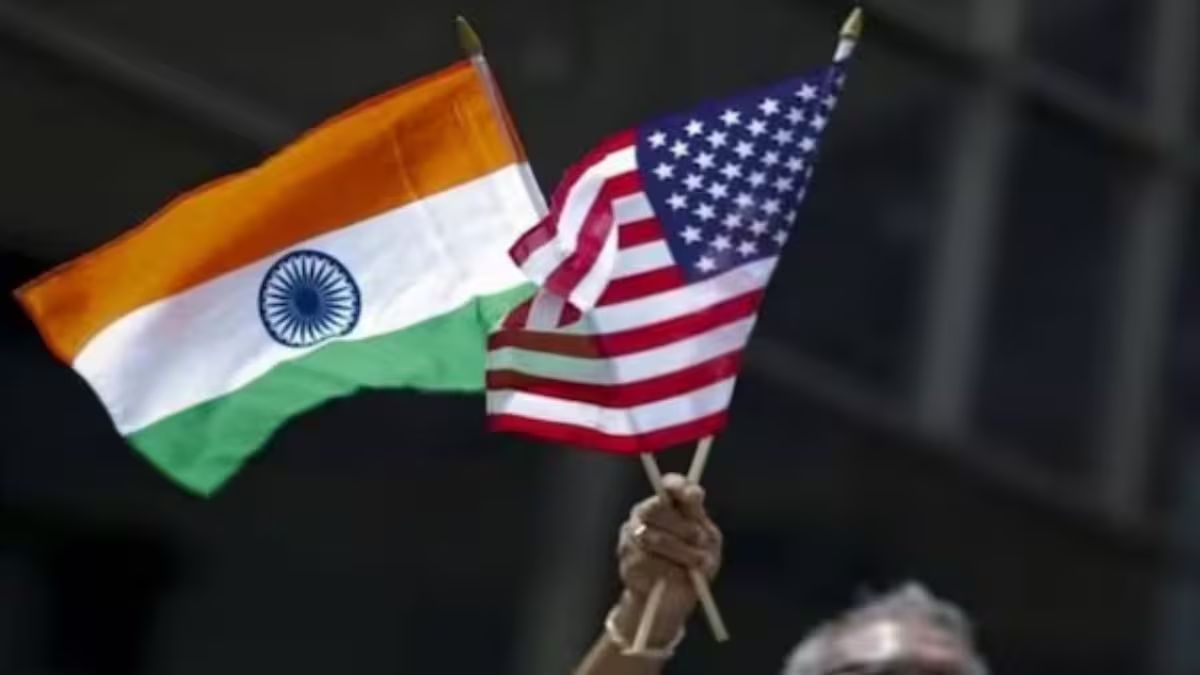India and the US will sign an interim trade deal by July 8, just in time before the 90-day pause on reciprocal tariffs ends. The development comes after Union Commerce Minister Piyush Goyal visited Washington last week to hold discussions with his counterparts on the trade deal.
An official told the Indian Express that signing the interim deal with the US can ensure that New Delhi averts the 26 per cent reciprocal duties imposed on Indian goods.
“Talks are progressing positively. We are looking to conclude an interim deal before the first tranche (of tariffs) takes effect on July 8. It will cover goods, non-tariff barriers, and select areas of services, including digital trade. We are working to ensure that the 26 per cent additional duty and possibly the 10 per cent baseline tariff do not apply to India,” the official said.
The official added that India is seeking tariff concessions on its labour-intensive sectors like leather and textiles. Meanwhile, the Trump administration would need Congress’s approval to reduce tariffs below the MFN (most favoured nation) rates.
What are India-US chalking out?
The interim trade agreement is likely to include provisions on market access for industrial products, select agricultural goods, and the relaxation of non-tariff barriers such as India’s quality control regulations, according to reports.
As part of efforts to enhance bilateral trade, India is pushing for tariff reductions on a range of exports, including textiles, gems and jewellery, leather products, garments, plastics, chemicals, shrimp, oilseeds, grapes, and bananas.
Impact Shorts
More ShortsMeanwhile, the US has urged for lower tariffs on goods produced by sectors like automobiles (particularly electric vehicles), wines, petrochemicals, dairy, and agricultural goods like apples, tree nuts, and genetically modified (GM) crops.
A 3-stage trade pact
According to a report by Bloomberg, India is working on a trade deal with Washington, which will be planned in three stages. The deal could provide easier market access for industrial goods and certain agricultural products. It may also aim to ease trade barriers, including stringent quality control regulations.
Officials from India told the news outlet that the second stage of the deal could entail a larger and more detailed agreement, likely to come into effect between September and November this year.
The final phase of the deal—a comprehensive agreement—will require approval from the U.S. Congress and, according to officials, may not be completed until next year.


)

)
)
)
)
)
)
)
)



